Hip-Hop or Flop?: The New Era of Rap Music
Music is subjective. Either you like it or you don’t. The most controversial genre of music, and the hardest to understand (save heavy metal, because most of the songs end up sounding like guttural screaming that’s backed by the sounds of plywood being ground up in a rusty blender) is probably hip-hop, which is commonly confused with rap music.
Hip-hop is a lifestyle, a “culture” with four key elements, of which rap music has grown out of. The meaning of hip-hop is deeply debated in popular culture, but it is widely accepted as a genre of music developed by African-Americans in the 1970s, which initiated the rap and hip-hop culture, resulting in some of the most notable rappers and flows to ever grace the ears of listeners. Tupac, Kendrick Lamar, the Notorious B.I.G., and more, could be considered legendary rappers that amazed listeners with their ad-libs, annunciation, lyrical dexterity, and artistic genius. What makes a good rapper, again, is widely debated. I definitely don’t know enough about rap or “quadruple-time rhythms” to be a good judge of who is the best rapper of all time, and I’d rather leave that decision to the real experts. However, there is a huge difference between “traditional” 90’s rap and modern rap that even the most unseasoned rap listener can clearly hear.
Modern rap is based, in my opinion, solely on gimmicks. This isn’t to say that it’s not fun to listen to or not as good as traditional rap, just that the two are very different and should honestly be considered to be in different categories. The emphasis has been recently on either mass-produced, synthetic pop-rap that slides smoothly in one ear and out the other, sounding like literally every other song on the radio probably pioneered by Chris Brown, or just offbeat songs. Offbeat could mean the beat is very different from “normal” (“Red Light Green Light” by DaBaby introduced an ambitious medieval flute as the melody that sparked a flurry of memes online), or just downright strange. (“Donda Chant” by Kanye West was a touching tribute to his mother’s dying heartbeat, but one has to admit that listening to a woman repeat “donda” over and over with different intensities for a solid fifty-two seconds with no music in the background is not considered a traditional song.)
The proliferation of non-traditional songs means that rappers are having to get creative with lyrics: or not at all. Listening to any rap song on the radio, chances are that it’ll be about either sex, drugs, or the amount of money the artist in particular possesses. Going down the Billboard Top 100 for rap, every single song focuses mainly on life’s pleasures without actually being lyrically engaging. Fun to listen to, yes, but not as lyrically clever as some of the bars spit in decades past.
Another issue is the lack of individuality within rap, at least in my opinion. Rappers all sound the same. Unless they have a very specific style, it’s hard to distinguish a KA$HDAMI from a LUCKI, mainly because Tiktok forces artists to convert their music into a formulaic, repetitive sound that is guaranteed to go viral. On the other side of the spectrum, however, there are some rappers that completely subvert the status quo and pave their own path. Playboi Carti, for example, is one of the most popular rappers in the United States, with billions of streams on his self-titled album “Playboi Carti ” alone. His rapping style is considered eccentric to certain listeners (myself not included, I love you Carti) because of the baby voice, often called “squeaky” by critics, he uses in his most recent album, Whole Lotta Red. In addition, sometimes his lyrics are indecipherable to the human ear.
Despite all of the issues around ‘new’ rap, it can still be enjoyable to listen to. With any genre of music, some fluctuation is expected, but I think the drastic change from the way rap used to be to how it is now is a little bit confusing. I assume it’s because social media changes the way that rap is made and the tastes of the audience have changed, but sometimes I can’t help but long for the nostalgic days of “California Love”.

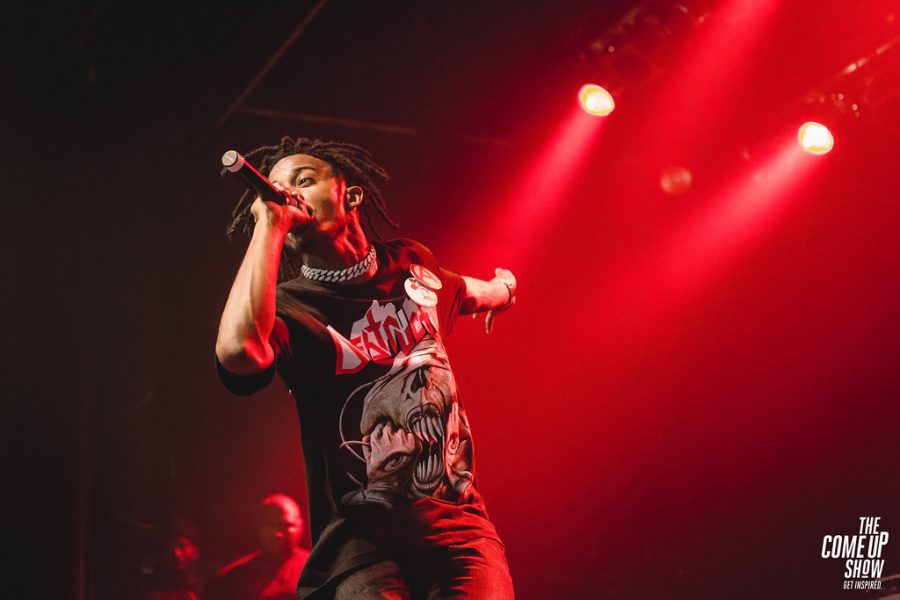
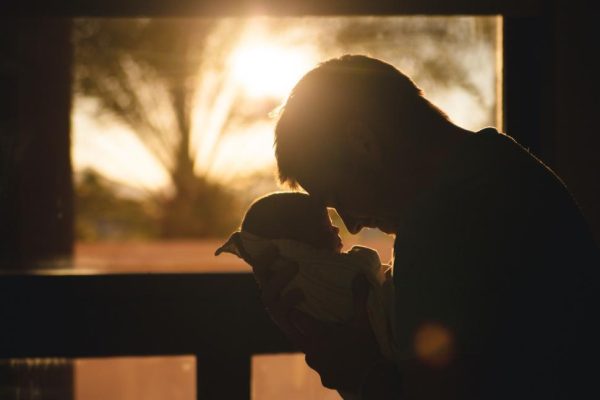
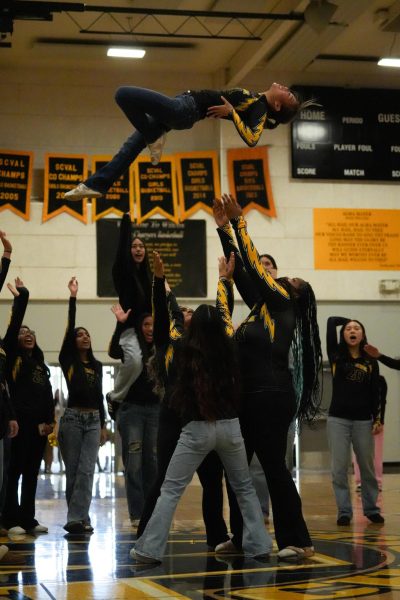
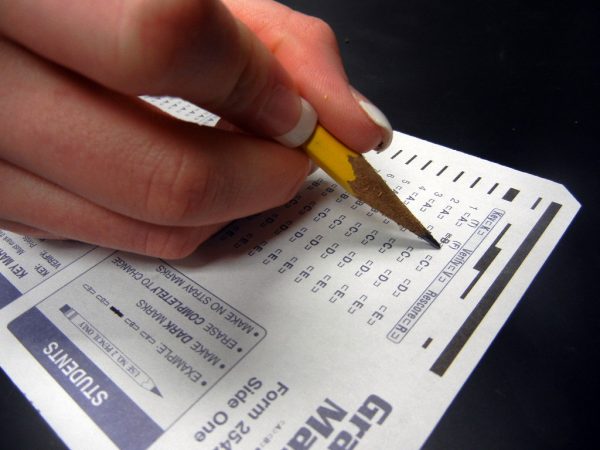
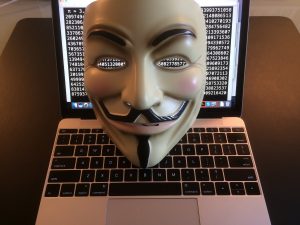
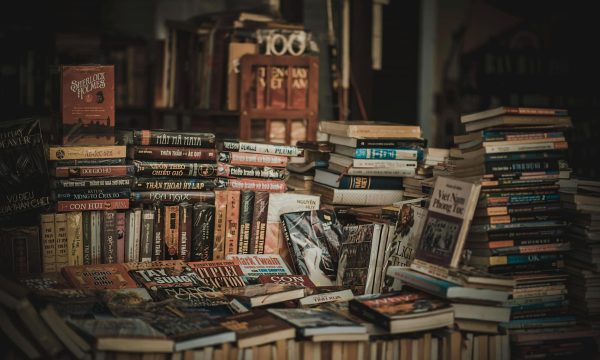
James • May 14, 2022 at 1:03 pm
I agree no respect for the art form. No creativity , no originality, it’s different now .
NOBLEGANG • Apr 23, 2022 at 11:22 pm
GANGSTA RAP IS WHAT RAP IS ALL ABOUT,SIMPLE FACT,WE KNOW WHATS GOING ON IN THE 4 MOST MAJOR SIDES IN THE WORLD,THE SOUTHSIDE,WESTSIDE,EASTSIDE AND THE NORTHSIDE..
Destroh • Mar 11, 2022 at 4:34 am
This new era is pure BS and gimmicks. One big remix of the same song. Rza was correct hip hop has become one sided. Hip pop is what they are doing now not hip hop and the white boys that control the art form love the dumbing down of the listener. Everybody is lil or somebody’s baby. 20 years from now that garbage won’t even be regarded.